PATRICIA HILL COLLINS



I BLACK FEMINISM
II SOCIOLOGY OF KNOWLEDGE
IIICRITICAL EDUCATION
IVRACIAL POLITICS
VINTELLECTUAL ACTIVISM REVISITED
 HIS BOOK REPRESENTS the collective voice of conversations large and small that I have had over three decades with people from all walks of life. It is impossible to acknowledge each conversation individually. Instead, I send out a thank you to each of you who use my work in your classrooms, term papers, and scholarship. I am grateful to those of you who hosted my visits on your campuses, in your classrooms, or with your community groups.
HIS BOOK REPRESENTS the collective voice of conversations large and small that I have had over three decades with people from all walks of life. It is impossible to acknowledge each conversation individually. Instead, I send out a thank you to each of you who use my work in your classrooms, term papers, and scholarship. I am grateful to those of you who hosted my visits on your campuses, in your classrooms, or with your community groups.
I want to thank some of the many individuals whose contributions were important to the preparation and production of this book. The research and editorial assistance provided by a broad group of students over the past two decades not only influenced my thinking about themes in this volume but also helped me get the work done. University of Cincinnati graduate students Tamika Odum, Julie Hilvers, and Vallarie Henderson provided invaluable support during the early stages of this project. They transcribed talks, edited essays, and helped me manage an unwieldy set of notes from public lectures. Special thanks also go out to Quay Martin, a gifted Africana Studies major at the University of Cincinnati, who conducted a lengthy interview with me about my life's work. The transcript she provided from that interview has been invaluable. I'd like to thank University of Maryland sociology graduate students David Strohecker, Kathryn Buford, Valerie Chepp, Kendra Barber, William Yagatich, Anya Galli, Michelle Beadle, and Tony Hatch, who provided research and editorial support for various essays in this book. Special thanks to my wonderful T3 education graduate students Laura Yee, Rob Carey, and Wyletta Gamble whose passion for equity in education reminded me of the importance of critical pedagogy to intellectual activism.
This book could not have been completed without the invaluable assistance of Margaret Austin Smith, a sociology graduate student at the University of Maryland, and the primary research and editorial assistant for this project. Meg tirelessly read various drafts of all of the essays and edited the manuscript in its entirety. Her incisive mind and excellent organizational skills made this book much stronger than if I had done it on my own. She has a promising future and I look forward to having her as colleague.
This project also benefited from the institutional support that I received from the University of Maryland. Being granted a sabbatical for 2011-2012 enabled me to finish this book on schedule. Special thanks to Bill Falk and Reeve Vanneman, former chairs of the Department of Sociology, for their continued support for my work. I would also like to thank the Department of Sociology's administrative staff, Patty Bernales, Mini Rajan Geraldine Todd, and Karina Havrilla, whose professionalism and ability to get things done continues to amaze me. I am also very grateful for the ongoing support that I have received as a Distinguished University Professor. It has been invaluable in my finding time to devote to this project for a public readership.
This book has benefited from the expertise provided by a wonderful team of people at Temple University Press. Micah Kleit, my editor, has been a source of support throughout this project. I am also grateful to the entire production team, with special thanks to Nancy Lombardi for her expert oversight as the production editor, Gary Kramer for his marketing acumen, and Kate Nichols for her supervision of cover design. Special thanks to Karla Schroeder for expert copyediting of my manuscript.
My family and friends continue to encourage me and provide much needed support. Roger Collins my spouse, Valerie Collins my daughter, and Lauren Pruitt my daughter-in-law, each in their own special way, inspire me to keep going with this difficult work. Special thanks to family members Marilyn and Bill Lewis and Taryn Carter for being so welcoming to a prodigal daughter who is returning to the family fold. Colleagues and friends old and new also contributed to the completion of this project-special thanks to Beth Perry, Linda Riggins, Pauline Schwartz, Wendy Gillenson, Wayne Taylor, Bobbie Knable, Maggie Andersen, Bonnie Dill, Elizabeth Higginbotham, Patrice Dickerson, Dee Irby, Tina Merriweather, Angelene Jamison-Hall, Michelle Burstion, Pauline Smolin, and Kelly Leon.
Finally, I dedicate this book to the memory of my father, Albert Hill, a tireless drum major for social justice.

-MART EVANS, from I Am a Black Woman (1970)
 ARI EVANS' POEM "Speak the Truth to the People" invokes the social and political upheaval of the Civil Rights and Black Power movements of 1960s and 1970s. As an African American poet influenced by the Black Arts Movement, Evans' poetry aimed to speak the truth to the public about issues as diverse as racism, poverty, domestic violence, and the power of love as an antidote to oppression. Her 1970 volume I Am a Black Woman constituted one voice in a groundswell of Black feminist intellectual production that saw speaking the truth to African American women as its special mission. This same era produced a broad array of artists and intellectuals from diverse racial, ethnic, class, gender, and sexual backgrounds who, through their scholarship, art, and political activism, questioned prevailing power arrangements. Their creative work contributed to social movements against racism, sexism, militarism, homophobia, age discrimination, and class exploitation. Collectively, their work exemplifies traditions of intellectual activism: namely, the myriad ways that people place the power of their ideas in service to social justice.
ARI EVANS' POEM "Speak the Truth to the People" invokes the social and political upheaval of the Civil Rights and Black Power movements of 1960s and 1970s. As an African American poet influenced by the Black Arts Movement, Evans' poetry aimed to speak the truth to the public about issues as diverse as racism, poverty, domestic violence, and the power of love as an antidote to oppression. Her 1970 volume I Am a Black Woman constituted one voice in a groundswell of Black feminist intellectual production that saw speaking the truth to African American women as its special mission. This same era produced a broad array of artists and intellectuals from diverse racial, ethnic, class, gender, and sexual backgrounds who, through their scholarship, art, and political activism, questioned prevailing power arrangements. Their creative work contributed to social movements against racism, sexism, militarism, homophobia, age discrimination, and class exploitation. Collectively, their work exemplifies traditions of intellectual activism: namely, the myriad ways that people place the power of their ideas in service to social justice.
Just as the themes of intellectual activism are far-reaching, the mechanisms that people use to engage in intellectual activism are similarly broad. Evans, for example, studied fashion design at the University of Toledo, but like others of her generation, rejected the imposed separation between scholarship and activism, school and society, thinking and doing. Refusing these binaries created space for new forms of creativity. Evans' chosen terrain of intellectual activism consisted of writing poems, plays, children's books, and a musical adaptation of Zora Neale Hurston's Their Eyes Were Watching God, activities quite far afield from her formal field of study. Significantly, by writing and directing The Black Experience, a television program that aired from 1968 to 1973 in Indianapolis, Evans foreshadowed the current impetus toward using mass media venues to educate the public. Through visual arts, music, poetry, fiction, essays, journal articles, nonfiction, books, and videography, like Evans, many artists, intellectuals, activists, and everyday people have recognized the necessity of multiple expressions of intellectual activism for social change.

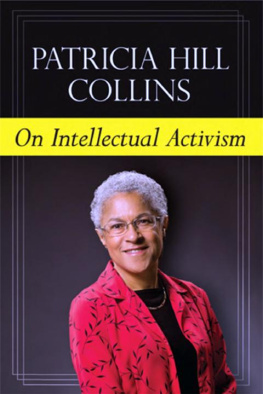
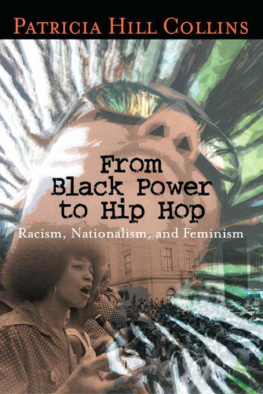
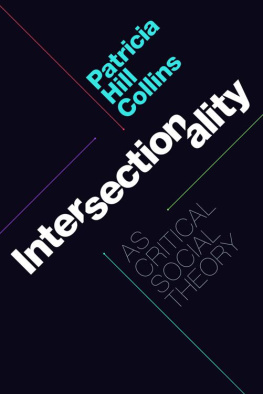


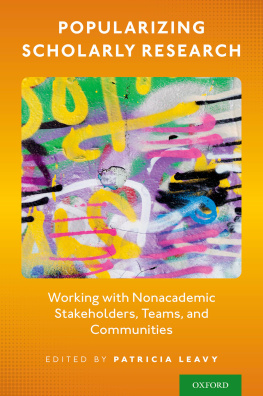
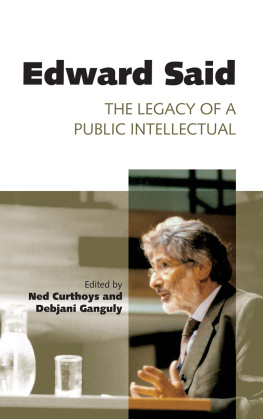
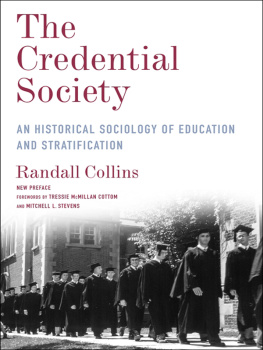
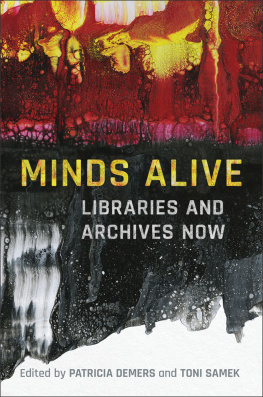
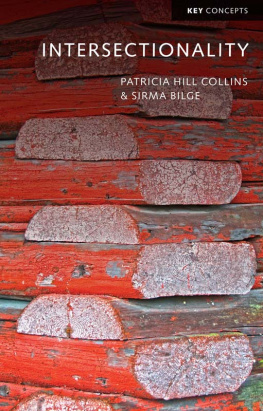

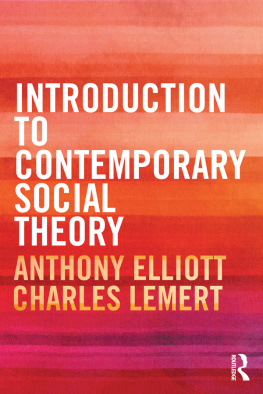
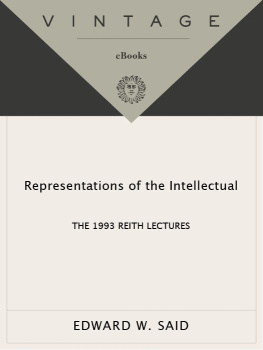


 HIS BOOK REPRESENTS the collective voice of conversations large and small that I have had over three decades with people from all walks of life. It is impossible to acknowledge each conversation individually. Instead, I send out a thank you to each of you who use my work in your classrooms, term papers, and scholarship. I am grateful to those of you who hosted my visits on your campuses, in your classrooms, or with your community groups.
HIS BOOK REPRESENTS the collective voice of conversations large and small that I have had over three decades with people from all walks of life. It is impossible to acknowledge each conversation individually. Instead, I send out a thank you to each of you who use my work in your classrooms, term papers, and scholarship. I am grateful to those of you who hosted my visits on your campuses, in your classrooms, or with your community groups. ARI EVANS' POEM "Speak the Truth to the People" invokes the social and political upheaval of the Civil Rights and Black Power movements of 1960s and 1970s. As an African American poet influenced by the Black Arts Movement, Evans' poetry aimed to speak the truth to the public about issues as diverse as racism, poverty, domestic violence, and the power of love as an antidote to oppression. Her 1970 volume I Am a Black Woman constituted one voice in a groundswell of Black feminist intellectual production that saw speaking the truth to African American women as its special mission. This same era produced a broad array of artists and intellectuals from diverse racial, ethnic, class, gender, and sexual backgrounds who, through their scholarship, art, and political activism, questioned prevailing power arrangements. Their creative work contributed to social movements against racism, sexism, militarism, homophobia, age discrimination, and class exploitation. Collectively, their work exemplifies traditions of intellectual activism: namely, the myriad ways that people place the power of their ideas in service to social justice.
ARI EVANS' POEM "Speak the Truth to the People" invokes the social and political upheaval of the Civil Rights and Black Power movements of 1960s and 1970s. As an African American poet influenced by the Black Arts Movement, Evans' poetry aimed to speak the truth to the public about issues as diverse as racism, poverty, domestic violence, and the power of love as an antidote to oppression. Her 1970 volume I Am a Black Woman constituted one voice in a groundswell of Black feminist intellectual production that saw speaking the truth to African American women as its special mission. This same era produced a broad array of artists and intellectuals from diverse racial, ethnic, class, gender, and sexual backgrounds who, through their scholarship, art, and political activism, questioned prevailing power arrangements. Their creative work contributed to social movements against racism, sexism, militarism, homophobia, age discrimination, and class exploitation. Collectively, their work exemplifies traditions of intellectual activism: namely, the myriad ways that people place the power of their ideas in service to social justice.